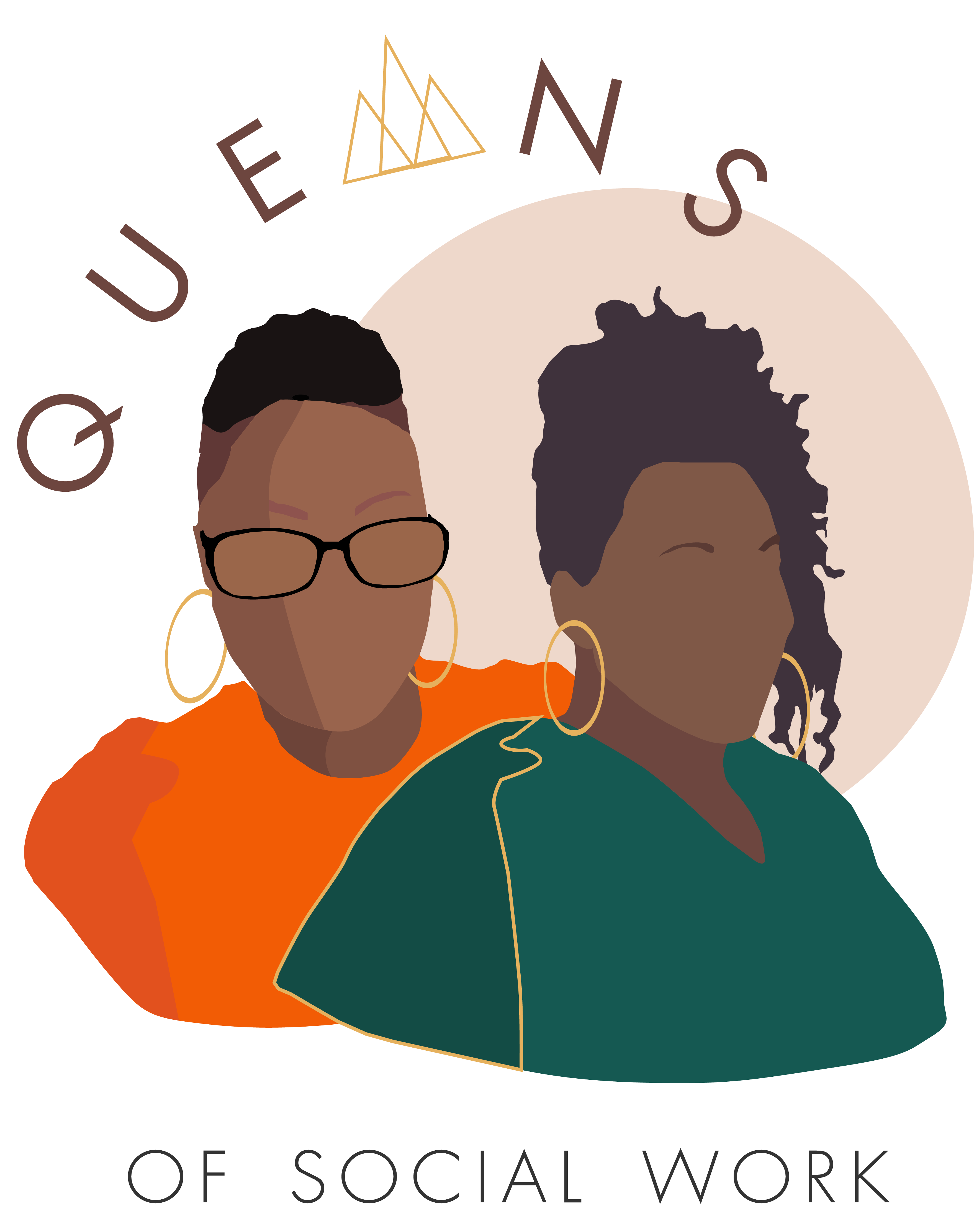Black social workers often carry a dual burden: doing the emotionally intense work of supporting marginalized communities, while also navigating inequity within their own workplaces. From microaggressions to systemic bias, lack of career advancement or underrepresentation in leadership, the disparities are real.
This blog post offers an in-depth look at how to identify inequity, advocate for change and protect your peace—all while creating a ripple effect of justice in your field.
What Is Workplace Equity in Social Work?
Workplace equity means fair treatment, access, opportunity and advancement for all people, while striving to identify and eliminate barriers that have prevented the full participation of some groups.
For Black social workers, it means more than diversity quotas. It means:
- Being respected for your expertise without needing to prove yourself twice.
- Having equitable pay and promotional opportunities.
- Access to mentorship, safety and culturally responsive supervision.
-
Working in environments that acknowledge systemic racism—not ignore it.
How to Identify Workplace Inequity in Your Social Work Role
Look for these signs of inequity. Even when subtle, they matter:
1. You’re the “only one” in the room—constantly.
- Are there other Black or BIPOC professionals in leadership?
-
Is your organization diverse on paper but segregated by role type (i.e., Black staff in direct care but not in admin or policy)?
2. Your cultural competence is expected but not respected.
- Are you asked to “translate” for clients or bridge cultural gaps without formal recognition or compensation?
-
Is your lived experience treated like a bonus—but never a qualification?
3. Microaggressions and tone policing are brushed off.
- Are your concerns minimized as being “too sensitive” or “not a big deal”?
-
Do you feel punished for advocating for yourself or others?
4. You’re passed over for promotions or high-impact projects.
- Is the path to leadership vague or inconsistent?
-
Are white colleagues with less experience climbing faster?
Tools & Strategies to Address Inequity as a Black Social Worker
Rather than internalizing the problem, you can take strategic steps to protect your peace and shift the culture.
1. Document, Document, Document
Keep a private journal or digital record (with dates!) of:
- Microaggressions or discriminatory incidents
- Discrepancies in task assignments or pay
-
Meetings or communications where boundaries were crossed
Tool Tip: Use a protected document app like Notion, Evernote, or a password-protected Google Doc. Keep screenshots of emails or messages when possible.
2. Use Organizational Policies to Your Advantage
Most workplaces have equity and anti-discrimination policies—even if they don’t enforce them well. Reference these directly in your concerns.
Try this structure in writing:
“According to our DEI policy, our agency aims to create an inclusive space where all staff feel supported. I’d like to raise a concern that I believe falls under that framework…”
Tool Tip: Request a copy of your employee handbook and flag key sections. Keep them bookmarked for quick referencing.
3. Name It Strategically
You don’t have to say “this is racist” to advocate powerfully.
Instead, try:
- “This is an example of systemic inequity.”
- “This is not aligned with trauma-informed or anti-oppressive practice.”
- “This decision impacts marginalized staff disproportionately.”
This frames the issue professionally while still calling it out.
4. Find—or Create—Your Equity Circle
A circle of trusted peers (inside or outside your org) can:
- Help validate your experiences
- Review your written responses before you send them
-
Offer backup when you raise concerns
Tool Tip: Consider creating an anonymous Slack or WhatsApp group with other BIPOC social workers for support and resources.
5. Use Your License as Leverage
You have a license. That license is powerful.
In interviews or team meetings, try saying:
“As a licensed clinician committed to anti-oppressive practice, I’m noticing [X] and wondering how we can align this with our stated values.”
This positions you not as a complainer, but as a professional upholding ethical standards.
6. Consider an Exit Strategy—If Needed
If the emotional and professional cost is too high, leaving is a valid and powerful move.
- Document your experiences (again, dates matter).
- Research organizations committed to racial equity in practice—not just performatively.
-
Prepare financially and mentally by networking discreetly.
Resource: Look into organizations like NASW’s Diversity and Equity tools, The New Social Worker, or BIPOC-centered job boards.
Protecting Your Peace While Pushing for Equity
Equity work takes a toll—especially when you’re the one living through it. Remember:
- You don’t have to fix everything.
- Rest is part of resistance.
- Joy is a revolutionary act.
Prioritize therapy, rest, spiritual practices, journaling or whatever keeps your spirit grounded. You are not just a worker—you are a whole person.
Final Thoughts
You deserve a workplace that sees you, supports you and uplifts your voice. Workplace equity isn’t a trend—it’s a necessity. And as a Black social worker, you’re not just part of the system—you have the power to shift it.
Want More? Listen to This:
If this topic resonated with you, check out our Queens of Social Work podcast episode:
🎙 Podcast Episode: “Career Series: Veterinary Social Work”
This episode explores how social work can exist in unexpected places—and what it looks like when your work finally aligns with your values. It’s an inspiring listen for any social worker ready to pivot, preserve peace or explore unconventional career paths.
🔗 Listen to the episode now below (or “Find it on Apple, Spotify, or wherever you get your podcasts.”)
